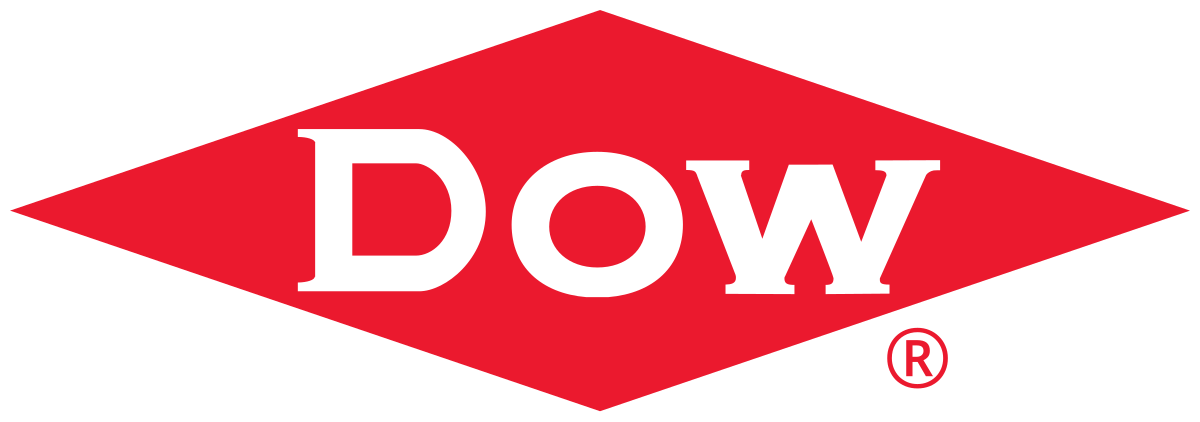
Dow Inc. (NYSE:DOW) is a major player in the chemical industry, known for its diverse portfolio of products and solutions. The company operates in segments such as Packaging & Specialty Plastics, Industrial Intermediates & Infrastructure, and Performance Materials & Coatings. Dow competes with other industry giants like BASF and DuPont. Recently, BMO Capital downgraded DOW's rating to "Cautious" from "Underperform," with the stock priced at $28.69 at the time of the announcement.
Dow's strategic decision to close three upstream assets in Europe by the end of 2027 is a significant move. The closures include an ethylene cracker in Böhlen, Germany, and chlor-alkali and vinyl assets in Schkopau, Germany. These actions are part of Dow's effort to reduce costs and streamline operations. The company aims to enhance margins and lower its exposure to merchant sales, as highlighted by Benzinga.
The planned shutdowns also include the basic siloxanes plant in Barry, U.K., under the Performance Materials & Coatings segment. Dow expects these actions to contribute $200 million in EBITDA by 2029. However, the company will incur $500 million in cash costs over the next four years. This reflects Dow's commitment to reducing energy-intensive operations and aligning with its broader strategic goals.
Despite the downgrade by BMO Capital, DOW's stock has shown resilience. The stock is currently priced at $28.77, marking a 4.69% increase or $1.29. During the trading day, it fluctuated between $27.67 and $29.61. Over the past year, DOW has experienced a high of $55.97 and a low of $25.06, indicating significant volatility in its stock performance.
Dow's market capitalization is approximately $20.34 billion, with a trading volume of 13.34 million shares on the NYSE. These figures highlight the company's substantial presence in the market. As Dow continues to implement its strategic plans, investors will be keenly watching how these changes impact the company's financial performance and stock value.